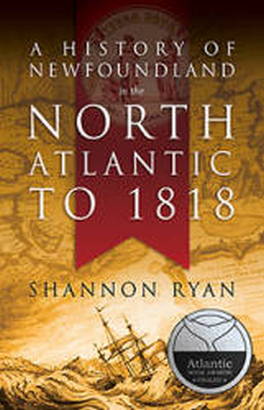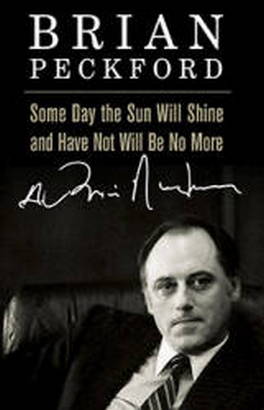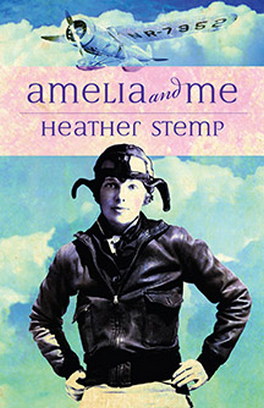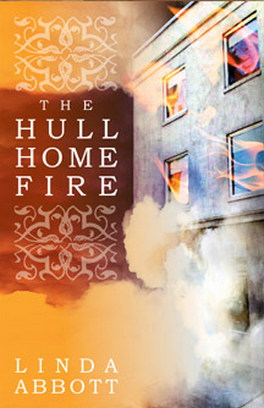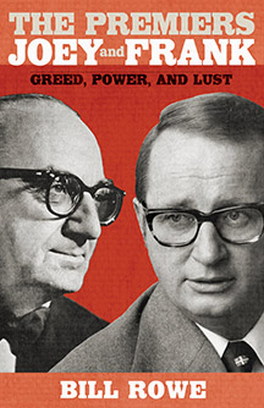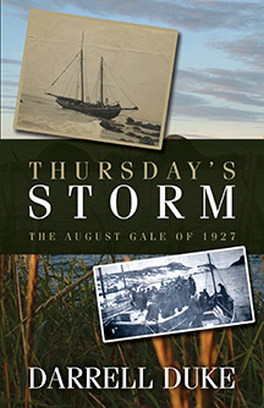In 1898 a political firestorm surrounded the creation of Newfoundland’s Alphabet Fleet. But before long these coastal boats became a beloved part of the fabric of life in Newfoundland and Labrador. These ships carried bright-eyed young teachers to their first outport assignments. They brought wedding dresses to excited brides and Christmas parcels and letters to eager hands. They carried people home from city hospitals and the dead to be buried in family plots. Through crew and passenger recollections, this book brings the Alphabet Fleet to life. It also vividly describes the heroics and disasters associated with these legendary vessels.
The Alphabet Fleet
by Maura Hanrahan
“It was a bit of a worry the first time because you didn’t know what you’d run into,” says Dr. Nigel Rusted of his inaugural trip as ship’s doctor on the Kyle in 1930.24 “But Dr. Norman Gosse from Spaniard’s Bay had been on the Kyle, and he gave me a lot of tips.” Rusted, born in Salvage but raised in Upper Island Cove, was a medical student at Dalhousie University in Halifax, Nova Scotia, in search of a summer job. Meanwhile, the Newfoundland government annually sent a pharmacist along the Labrador coast to attend to the health needs of the people there, as well as the floaters and stationers25 who came from the island, mainly Conception and Trinity Bays, to fish. The government sent doctors, like Norman Gosse, when they could, but this was not always possible. The pharmacists were limited in what they could do for the people; they were restricted to stocking the medicine chests of the ships and communities on the coast. With responsibility for health in the Squires government, Dr. Harris Mosdell wanted more comprehensive diagnostic services and a wider range of treatment for the fishing families. Twenty-three-year-old Nigel Rusted, the son of an Anglican minister, answered the call. He would be paid $200 a month for his services, working on the Kyle for two summers; he also made a working trip on the Meigle.
Rusted was struck by the conditions endured by the fishing families. “They were sleeping on deck and in the lifeboats, in the stairwells, and against the funnel. If we’d had an accident, everyone would have been drowned. I saw the Meigle passing by one time and she was very overcrowded, with 350 people. The Meigle was not as comfortable as the Kyle. I had my office below deck and I had to sleep in a little cabin in the after passage with four beds on each side. I had to go down below to see patients.”
Rusted, still a student then, had to deal with earaches, “water pups” (painful abscesses fishermen develop on their wrists), colds, toothaches, infections, fractures, and the very occasional case of beriberi, caused by a deficiency of vitamin B1. Beriberi, common in cities like New York at that time, as well as in more rural societies like Newfoundland’s, was treated with doses of potato peelings and yeast. “But we didn’t have too many patients like that,” Rusted says. “The people’s health was mostly good because they were living on fish.”
Fishermen suffered fractured ribs when they were tossed against their boats. Rusted “strapped up” their ribs and made them fairly comfortable, enough so they could go back to work. When he saw infected water pups, he instructed patients to wash their hands and arms carefully, although he knew that was not always possible on board schooners. “They used to wear copper chains around their wrists and they thought that cured it,” Rusted says of the fishermen. “But it didn’t. It just kept their dirty sleeves away from their wrists. Chains prevented the pups.”
The only treatment Rusted could provide for earaches was a solution that dried up the fluids in the ear. His practice was to open up an abscess, apply a poultice, and give advice on how to keep the area clean. Medicine at that time offered little in the way of pain relief, just some aspirin and codeine, and, of course, antibiotics would not be developed until the late 1930s. The floaters and stationers didn’t pay for their diagnoses or treatments; as Rusted says, “they didn’t have any money.”
The Labradorians were tended to by the International Grenfell Association (IGA), which had a nursing station at Spotted Island, a summer hospital at Indian Harbour, and another at Battle Harbour that burned down in the winter of 1931.26 But sometimes they came to Rusted for assistance. “I’ll always remember that Grenfell had a boat going around charging 25¢ for an extraction. There was one local fellow who wanted me to pull his tooth. ‘Those fellows [on the Grenfell boat] don’t know what they’re doing,’ he said. He trusted me more than Grenfell, so I did it and he said, ‘It’s great when you know what you’re doing!’”27
Not surprisingly, the occasional emergency occurred, or, as Rusted says, “You had your worries at times.” A crew member developed a case of acute appendicitis and Rusted wanted him to go to the hospital at Indian Harbour. But there was only one staff person there at that time and he could not perform the operation. “I gave the patient morphine and an ice pack and we left for the IGA hospital at St. Anthony,” he recalls. “But we got stormbound for two or three days. It was terrible, the pain he was in. Finally, we were able to get to St. Anthony and we dropped him off there. Then we went back to the [Labrador] coast.”
In some cases, Rusted could do nothing. On his very first trip, he was asked to go ashore at Spotted Island, Labrador, where two fishermen from Conception Bay had drowned. They were laid out in a box and salted. Their relatives asked Rusted to embalm them, but he had no embalming materials and could not help them.
“It was an experience,” Rusted says of doctoring on the Meigle and the Kyle. “Sometimes you didn’t get any sleep at all. But it gave you more confidence. You had to be tough, because otherwise they’d run you over. One chap came aboard with acute appendicitis, he said, and he wanted a chit to go home. I took his pulse and it was normal. I took his temperature and it was normal. I talked to him and pressed his belly and there was no reaction at all. It turned out that his boat was beaten up and he wanted a free passage home. I didn’t give it to him.” Others wanted to stay in the hospital unit but, again, Rusted “had to draw the line unless it was something exceptional.”
24. Rusted’s younger brother, Ian, was ship’s doctor on the Kyle in the 1940s. Dr. Ian Rusted later became dean of Memorial University’s medical school.
25. Floaters fished from their schooners while stationers lived in basic accommodations — huts or shacks — onshore and fished from small boats.
26. Subsequently, a nursing station was built at Mary’s Harbour.
27. Rusted remembers Sir Wilfred Grenfell, an evangelical Christian and founder of the IGA, quite well. “When I saw Sir Wilfred, he was more interested in the tourists, more interested in living with rich people in the United States. He was a good organizer, I suppose, in getting people to come and do something.”
[Hanrahan] breathes new life into old stories.-- The Muse --
This is a wonderful local history of the coastal ships of the Reid Newfoundland Company, known as the Alphabet Fleet.-- Steamboat Bill, magazine of the Steamship Historical Society of America --
The book is graced with excellent maps, great pictures, and a readable text . . . this book is a must on your reading list.-- Steamboat Bill, magazine of the Steamship Historical Society of America --










